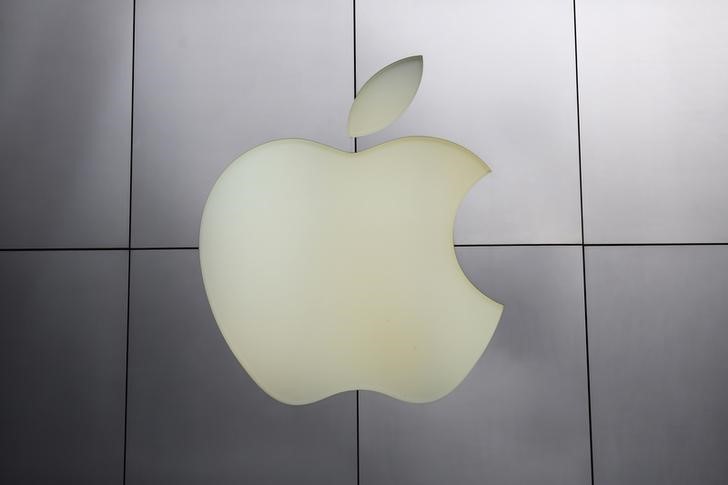This post was originally published on this site
https://i-invdn-com.investing.com/trkd-images/LYNXMPEJ480SF_L.jpg
(Reuters) – A Delaware judge on Tuesday dismissed a shareholder class action seeking to hold Jack Dorsey and other board members at Block Inc liable for approving the payments company’s purchase of Jay-Z’s streaming service Tidal.
Chancellor Kathaleen McCormick (NYSE:MKC) in Delaware Chancery Court said the Florida pension fund leading the case did not show that Block’s directors acted in bad faith though the purchase it “seemed, by all accounts, a terrible business decision.”
Once known as Square, Block agreed in March 2021 to pay $306 million for an 87.5% stake in Tidal. After adjustments, it paid $237.3 million for an 86.2% stake.
Block’s board was faulted for approving the purchase though Tidal was losing money, had lost major contracts, faced a Norwegian criminal probe into its streaming numbers, and had accepted a $50 million loan from Jay-Z to shore up its finances.
The pension fund also said Dorsey, a co-founder of Block and Twitter, was Block’s only top executive who supported the purchase, and bought Tidal because he and Jay-Z were friends.
Its complaint quoted a New York University business professor who called the purchase “a $300 million bar tab to hang out with Jay-Z.”
But in concluding that Block directors did not breach their fiduciary duties, McCormick said she could not “presume bad faith based on the merits of the deal alone.”
Lawyers for the plaintiff, the City of Coral Springs Police Officers’ Pension Plan, did not immediately respond to requests for comment. The defendants’ lawyers did not immediately respond to similar requests.
Jay-Z, the rapper and music mogul whose real name is Shawn Carter, joined San Francisco-based Block’s board after the Tidal purchase and remains a director.
Tidal was known as Aspiro before Jay-Z and other recording artists purchased it in 2015.
By 2020, Tidal had signed up 2.1 million paying subscribers, compared with Spotify (NYSE:SPOT)’s 138 million, Apple (NASDAQ:AAPL) Music’s 60 million and Amazon (NASDAQ:AMZN) Music’s 55 million.
The Delaware case was a derivative lawsuit that sought to have Block’s directors or their insurers pay damages to the company for shareholders’ benefit.
The case is City of Coral Springs Police Officers’ Pension Plan v Dorsey et al, Delaware Chancery Court, No. 2022-0091.

